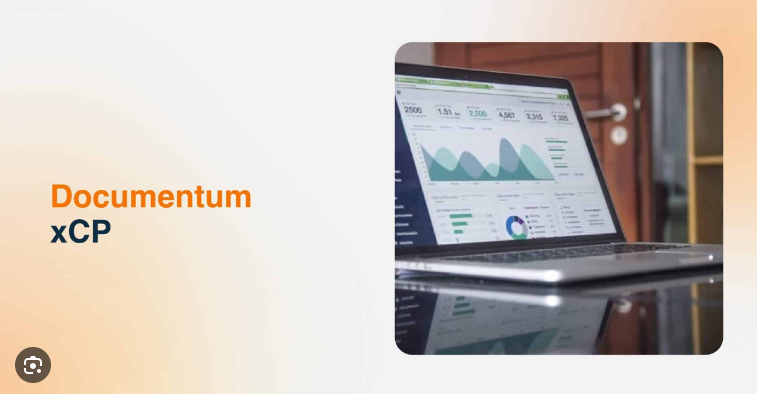
Category: Documentum
Find dm_job report logs:
In Documentum, job reports are typically generated and stored in specific locations depending on the type of job. You can find the reports for Documentum jobs in the following places: 1. Documentum Administrator (DA) 2. File System (Log Files) 3. API Output 4. Job-Specific Locations How to Access Reports:
Seven Essential Jobs – You Must Know
Development environments often become corrupted and unusable due to the heavy use they undergo as temporary and experimental spaces. Documentum offers housekeeping jobs within the Content Server that, when properly utilized, can prevent development environments from becoming dysfunctional. There are seven essential jobs every developer should know and run regularly in their development environments. These…
Should we upgrade SQL Server 2016 compatibility from level 100 to 130?
Upgrading the compatibility level of your SQL Server 2016 database from 2008 (compatibility level 100) to 2016 (compatibility level 130) can provide significant benefits, including better performance and access to modern features. However, before deciding, it’s important to carefully weigh the pros and cons. Reasons to Upgrade Compatibility Level Potential Risks and Considerations Recommended Approach…
In MS SQL Server, can you run reindex tables in parallel?
Yes, in MS SQL Server, you can run index rebuilds in parallel by using multiple CPU cores, but this is managed internally by SQL Server and depends on a few factors, such as the version of SQL Server, the edition (Enterprise vs. Standard), and system resources like CPU and memory. To explicitly run index rebuilds…
How to identify and resolve SQL Server Index Fragmentation
In this article, we will learn how to identify and resolve Index Fragmentation in SQL Server. Index fragmentation identification and index maintenance are important parts of the database maintenance task. Microsoft SQL Server keeps updating the index statistics with the Insert, Update or Delete activity over the table. The index fragmentation is the index performance…
Why Should We Create Separate Repositories in Documentum for Each Business?
In the world of enterprise content management, Documentum stands out as a robust platform for managing and storing vast amounts of content. When dealing with multiple business units or departments, one important architectural decision is whether to create a single repository for all content or to separate repositories for each business unit. Here, we’ll explore…

So What’s the GOLDEN FIX for Viewer Performance
Sometimes, you will notice this sql is taking over 34 sec instead of 0 sec. select all max(dm_document.r_modify_date) “maxdate” from dm_document_sp dm_document, dm_sysobject_r dm_sysobject_r2, dm_folder_rp dm_folder_r1 where (dm_document.r_object_id = dm_sysobject_r2.r_object_id and dm_sysobject_r2.i_folder_id = dm_folder_r1.r_object_id and dm_folder_r1.i_ancestor_id = ‘0b027183800008b3’) and (dm_document.i_has_folder = 1 and dm_document.i_is_deleted = 0) The original dql for this sql is: select max(r_modify_date)…

Why the Database is the First Thing to Check When Your Application Slows Down
In today’s fast-paced digital world, the performance of applications plays a crucial role in user experience and business operations. There are few things more frustrating than an application suddenly becoming slow, leading to a cascade of negative effects, from user dissatisfaction to lost revenue. When an application slows down, one of the most common culprits…
Documentum Server – SQL Server general performance best practices guidelines
Summary In Documentum Server, what are the general best practices guidelines for performance tuning of SQL Server databases? This issue was reported in (but may not be limited to): Documentum Server 7.0, 7.1, 7.2, 7.3, 16.4 Resolution Configurations on the SQL Server side Here are the recommended SQL Server configurations, according to our general performance…
What to Do When Content Loads Slowly
Issue: When you try to view a document in the xCP application, it takes some time to load. Root Cause Analysis and Solution: Run the following SQL query, and check how long it will take. This might be the root cause. This query is being called from xCP viewer: select all max(dm_document.r_modify_date) “maxdate” from dm_document_sp…
